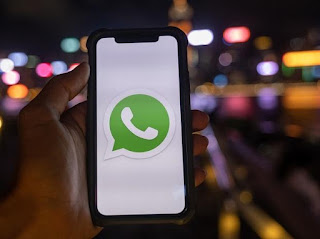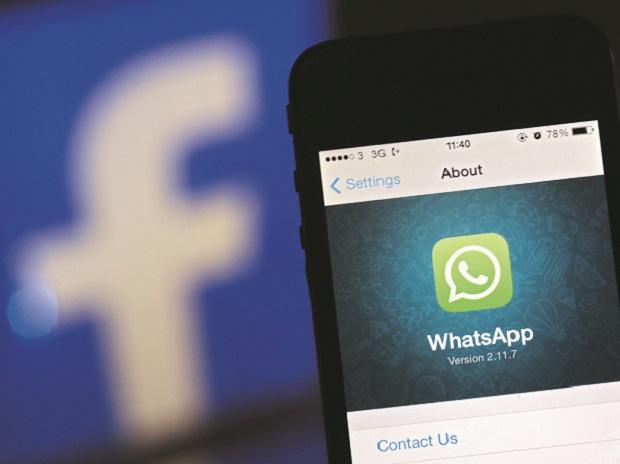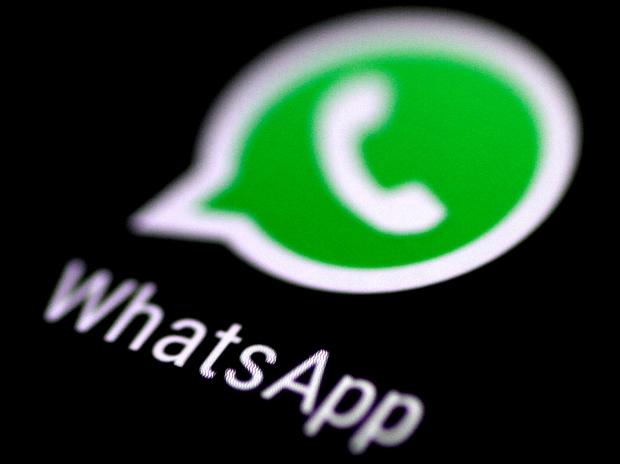WhatsApp treating Indian users differently from Europeans, Govt tells HC

The Centre on Monday told the Delhi High Court that WhatsApp was treating Indian users differently from its European ones with regard to opting out of its new privacy policy, and this was a matter of concern for the government which is looking into it. The central government told the high court that it was also a matter of concern that Indian users were being "unilaterally" subjected to the change in privacy policy by social networking platform WhatsApp. The submissions were made before Justice Sanjeev Sachdeva by Additional Solicitor General Chetan Sharma during hearing of a petition by a lawyer against the new privacypolicy of the social networking platform owned by Facebook. Duringthe hearing, Sharma told the court that by not giving Indian users the optionto opt out of sharing their data with other companies of Facebook, WhatsApp prima facie appears to be treating users with an "all or nothing approach". Read More





